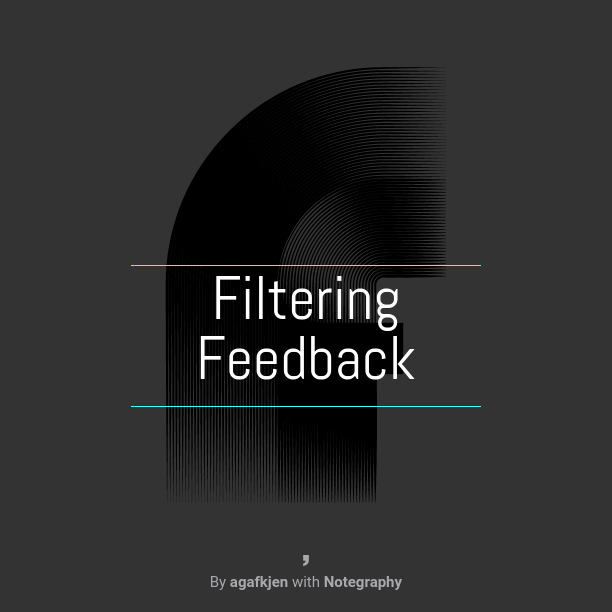I’ve gone down in flames many times while preaching, the worst of which involved a near-hallucination halfway through. It was a low crowd and I was a young man filling in for my father. The church considered me their collective son, so it was a safe place to fail.
And boy did I fail.
I remember trying so hard to find something good to say—something deep and meaningful, something that would challenge people’s perceptions of Christ and religion, fostering new love and helping them cast aside pretense and greed. I had prayed and prepared for months. Then, while preaching, I began to get an itchy neck. My collar started to chafe and my tie felt tight. The more I thought about it, the itchier it got, so I began to scratch. And scratch.
People noticed. In fact, I clearly remember seeing one of the board members—Grant—raising one quizzical eyebrow at my clawing hands.
Feeling like I needed to explain what was happening, I told people the truth: that I had had a dream the night before that a strange fungus had begun to grow on my neck, and that thousands of tubers were sprouting from my throat in that moment, an exterior, malevolent and self-aware form of super esophagalgia.
No one laughed. No one even blinked. I began to suspect no one was really listening. That wasn’t the first time I’d had that suspicion—I’d been preaching for years to our college group—but it was the first time I tested my suspicion. So I told everyone it was probably better that I just sit down and stop at that point, in the middle of my sermon. Grant cocked his head once more, and then I prayed and walked off the stage.
Afterward, I stood in the lobby and waited for the inevitable consolatory remarks. They didn’t occur. Instead, people congratulated me on a powerful sermon. They told me how motivated they were, how challenging my words had been for them personally, and how much they looked forward to hearing me speak again.
Knowing they were all full of sh*t, I sought out Grant and asked him how I did. He was the only one who acknowledged I had struggled, but even he told me not to worry about it. He said I was doing fine, and that next time I should push through to the end.
That was the day I learned you can’t always trust feedback.
John Maeda, former President of the Rhode Island School of Design, shared something similar in his great book Redesigning Leadership. He learned that, as an artist, you can’t ever trust curators because of their desire to impress. The only people artists can really trust are the people who see ALL the exhibits and have no vested interest in buttering up the talent: the custodians.
Isn’t that brilliant? Janitors see the quality of the work, the reactions of guests, and they have daily conversations about the artist. They’re $10 world-class experts, and John Maeda learned to listen carefully to their opinions.
Who are your custodians? Who are the people who don’t need to lie? Who are the people who love the work more than they fear hurting your feelings? Find them. Listen. And maybe don’t be so quick to disregard the trash.
fossores
Related posts
Categories
Category Cloud
Tag Cloud
Recent Posts
- Victors and Victims November 6, 2018
- 3 Hacks for Happiness October 29, 2018
- Hope Against Death September 20, 2018
- The Shape Of The Cross September 19, 2018


